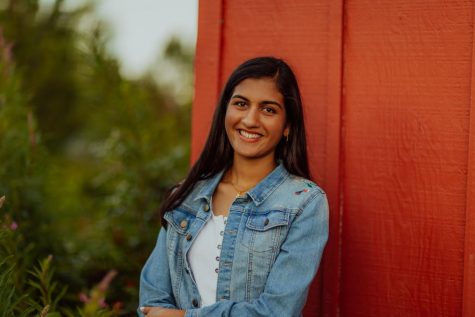Crowded Democratic field stays that way as third debate approaches
November 12, 2019
The 10 currently leading Democratic candidates in the 2020 presidential race shared the stage in front of an audience of 3,500 at Texas Southern University in Houston on the evening of Sept. 12. Each was there for a reason: to discuss some of the United States’ most pressing issues, from the future of healthcare policy to gun reform.
At the center of the stage stood the highest-ranked candidates: former Vice President Joe Biden, Sen. Elizabeth Warren and Sen. Bernie Sanders. Standing beside them were candidates ranked just behind them in polling: Sen. Kamala Harris; South Bend, Indiana Mayor Pete Buttigieg; entrepreneur Andrew Yang; Congressman Beto O’Rourke; Sen. Cory Booker; Sen. Amy Klobuchar and Secretary Juliàn Castro.
The debate began with the topic of healthcare, one of the most heavily divisive issues among the candidates. At the heart of the discussion were the stark differences between Sanders’ and Warren’s ‘Medicare for All’ plan and Biden’s public option. The three candidates clashed on a variety of aspects of both plans, including cost and efficiency, with the remaining candidates voicing a range of ideas across the spectrum between the two.
“Of the three frontrunners, Sanders and Warren are most similar. In some sense, they are competing with each other for the more left wing of the Democratic party, while Biden is pulling from a different voter pool, probably something more towards the center,” said TuHS government teacher Chris Duke.
Another topic that received the spotlight was gun control. While each candidate spoke passionately about their stance on the issue, it especially seemed to strike close to home for Congressman O’Rourke, a native of El Paso, Texas, the scene of a recent mass shooting. Viewers reported that they appreciated O’Rourke’s authenticity in speaking of his personal connection to the issue and plans to address it through a mandatory buyback program for AK-15s and AK-47s.
As for post-debate poll results, it appears that voters’ opinions did not change much. Of the five national post-debate polls taken, four show Biden continuing to lead, with Warren and Sanders close behind in second and third place, respectively. In addition, Yang, O’Rourke and Booker each have about 3 percent of national support, but this still does not place them at the same level as the three frontrunners.
However, Castro and Harris have both lost national support, according to polls.
“Castro would have been better off debating Biden’s contentions instead of unjustly diverging the discussion to Biden’s age,” TuHS senior Fadiah Fontus said. Castro repeatedly accused Biden of memory issues, which was cited as one of the reasons for his lower ranking with voters.
With the next democratic debate set to take place on Oct. 15 at Otterbein University in Westerville, Ohio, the main question seems to be: Will it be 10 candidates again? The possible addition of other candidates like Tom Steyer, former CEO of Starbucks, could mean the debate will be separated into two nights.

